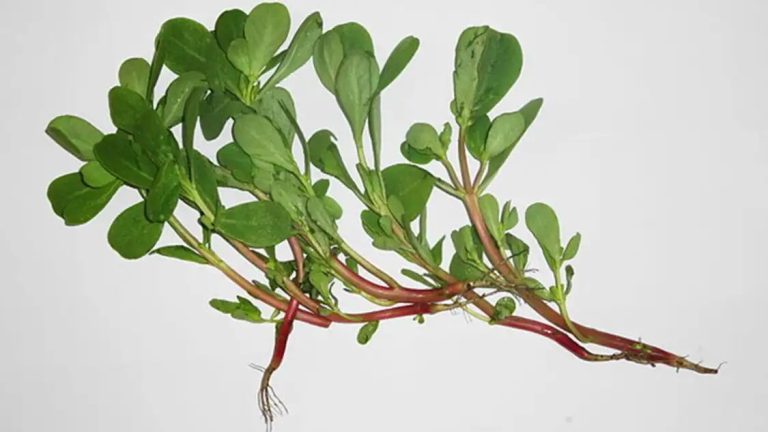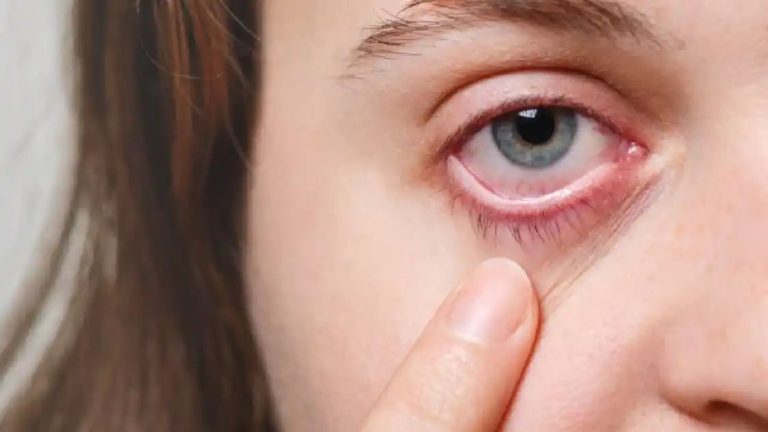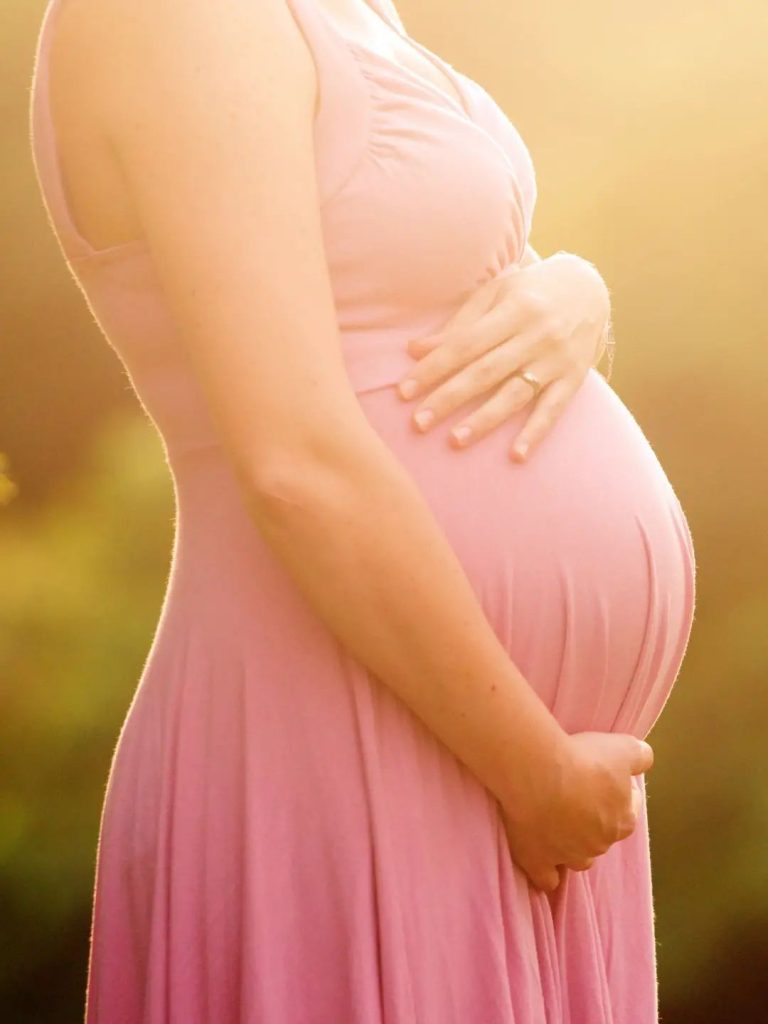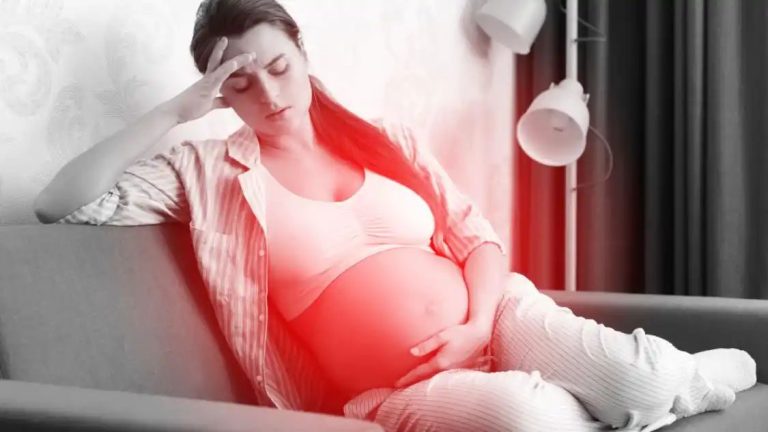New type of cell therapy shows promise for ARDS patients
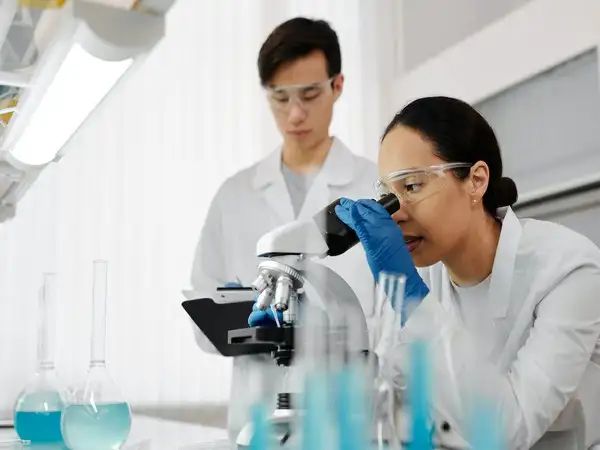
Los Angeles [US], February 6 (ANI): A study suggested that a new type of cell therapy may improve the prognosis of patients critically unwell with acute respiratory distress syndrome (ARDS) caused by severe COVID-19.
Professor Justin Stebbing of Anglia Ruskin University (ARU) is a joint senior author of a new study published in the journal Nature Communications that looks into the usage of agenT-797, MiNK Therapeutic’s allogeneic, unmodified invariant natural killer T (iNKT) cell therapy.
The iNKT cell therapy has the effect of rescuing depleted T cells and inducing an anti-inflammatory cytokine response, perhaps activating antiviral immunity to assist these patients fight infection while also reducing severe, pathogenic inflammation of the lung.
The new research was carried out at three medical centres and found that agenT-797, which is also under investigation in cancer trials, could be manufactured rapidly, had a tolerable safety profile and appeared to have a positive effect on mortality among critically unwell COVID-19 ARDS patients receiving intensive care.
The exploratory trial included 20 mechanically ventilated patients with severe ARDS secondary to Covid-19. Of the 20 patients in the trial, 14 survived (70 per cent) at 30 days (compared to a control group of 10 per cent), and there was an 80 per cent lower occurrence of bacterial pneumonia amongst those who received the highest dosage of agenT-797, compared to those who received fewer cells.
Twenty-one patients were treated overall (the main trial, plus one under compassionate use), which included five who were also receiving veno-venous extracorporeal membrane oxygenation (VV-ECMO), known as ‘the most aggressive salvage therapy’ for critically ill patients with ARDS.
In VV-ECMO, deoxygenated blood is pumped through a membrane lung and returned to the body via a cannula.

